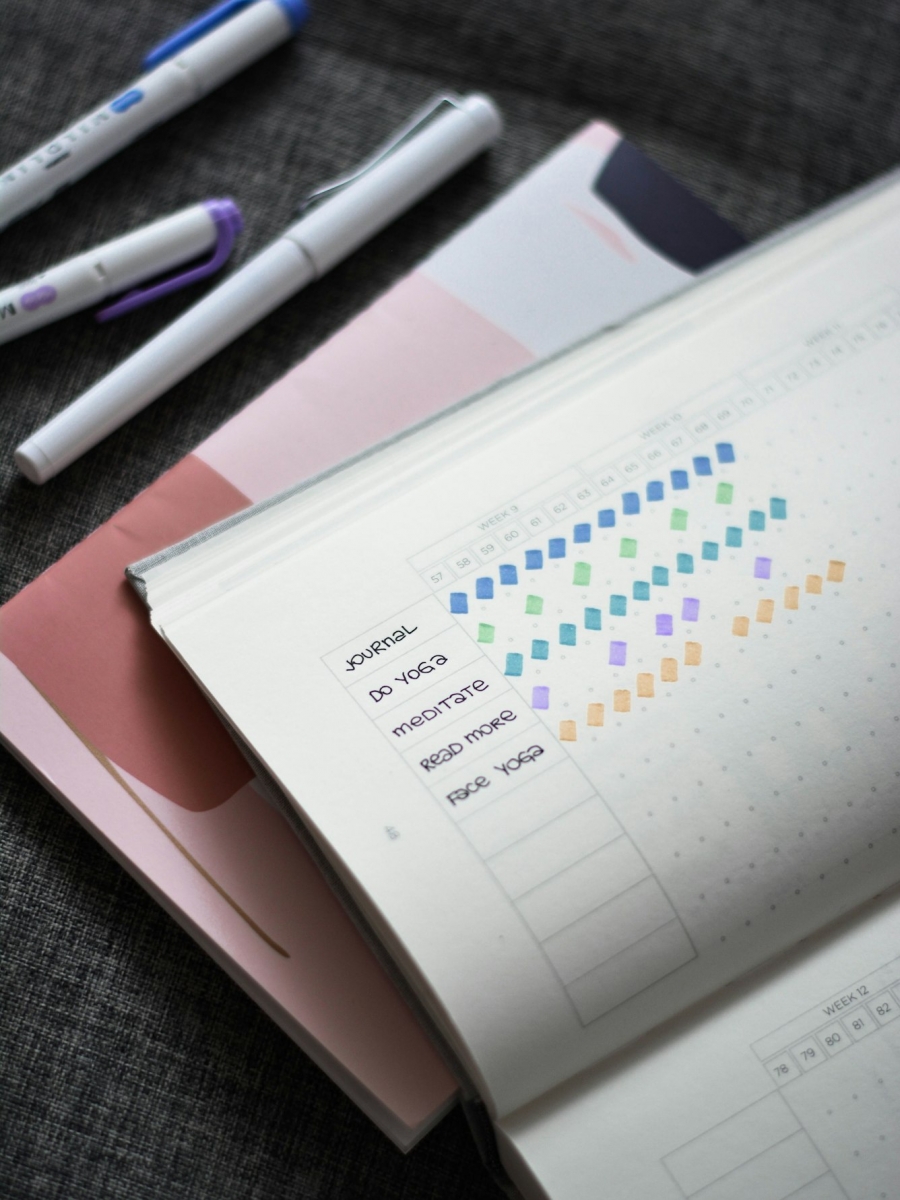7 Steps To Developing A New Habit
October 26
How long does it take to develop a new habit?
The period may be any length of time, from a single second to several years. The speed with which new habit patterns develop depends largely on the intensity of the emotions that accompany the decision to act in a particular way.
Many people think, talk about, and resolve to lose weight and become physically fit. This can go on for years. Then one day the doctor says, "If you do not lose weight and improve your physical condition, you run the risk of dying at a young age.
Suddenly, the thought of death may be so intense or frightening that the person immediately changes their diet, starts exercising, stops smoking, and becomes a healthy and fit person. Psychologists call this a "significant emotional experience." Any experience of intense pleasure or pain combined with a behavior can create a habitual pattern of behavior that can persist for the rest of one's life.
For example, if you put your hand on a hot stove top or touch a live electrical wire, you will feel an intense and immediate pain or shock. The experience may only last a split second. But for the rest of your life, you will get into the habit of not putting your hand on hot stoves or touching live wires. This habit will be instantaneous and will last forever.
How long does it take to develop a habit?
According to experts, it takes about 21 days to break or form a habit pattern of moderate complexity. Habits that are more complex or difficult to integrate into your lifestyle may take longer.
21 days to break or form a habit
Three weeks may not sound like a very long time, but you can create strong habits in 21 days.
By this we mean simple habits like getting up earlier at a certain time, exercising every morning before you leave, listening to podcasts in the car, going to bed at a certain time, showing up on time for appointments, planning each day ahead, starting each day with your most important tasks, or completing your tasks before you start anything else.
These are habits of moderate complexity that can be developed quite easily in 14-21 days through practice and repetition.
How to develop a habit
Over the years, a simple, effective and proven method for developing new habits has emerged. It is similar to a recipe for preparing a dish in the kitchen. You can use it to develop any habit you desire. Over time, you will find it easier and easier to develop the habits you want to incorporate into your personality.
1 Make a decision
First, make a resolution. Clearly decide that 100% of the time you will behave in a certain way whenever that behavior is required. For example, if you decide to get up early every morning and exercise, set your alarm for a specific time and get up immediately when the alarm goes off, put on your gym clothes and start exercising.
2 Never allow an exception to your new habit.
Second, never allow an exception in the beginning stages of your new habit. Do not make up excuses or rationalizations. Do not let it throw you off your game. If you resolve to get up at 6:00 every morning, then resolve to get up at 6:00 every morning until it becomes automatic.
3 Tell others that you are practicing a new behavior.
Third, tell others that you are going to adopt a specific behavior. It's amazing how much more disciplined and determined you become when you know others are watching you to see if you have the willpower to follow through with your resolution.
4 Visualize your new habit.
Fourth, visualize yourself acting a certain way in a certain situation. The more often you visualize yourself acting as if you already have the new habit, the faster this new behavior will be accepted by your subconscious and become automatic.
5 Create an affirmation
Fifth, create an affirmation that you repeat over and over to yourself. This repetition dramatically increases the speed at which you develop the new habit. For example, say something like, "I get up at 6:00 every morning and get to work right away!" Repeat these words the last time before you fall asleep. In most cases, you will automatically wake up minutes before the alarm clock rings and soon you will not need an alarm clock at all.
6 Resolve to persevere
Sixth, resolve to keep up the new behavior until it's so automatic and easy that you actually feel uncomfortable when you do not do what you have resolved to do.
7 Reward Yourself
Seventh, and most important, give yourself a reward of some kind for practicing in the new behavior. Each time you reward yourself, you reaffirm and reinforce the behavior. Soon you begin to associate, at an unconscious level, the pleasure of the reward with the behavior. You set up your own force field of positive consequences that you unconsciously look forward to as the result of engaging in the behavior or habit that you have decided upon.
